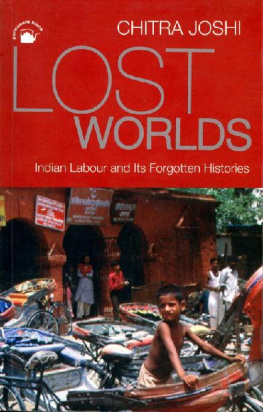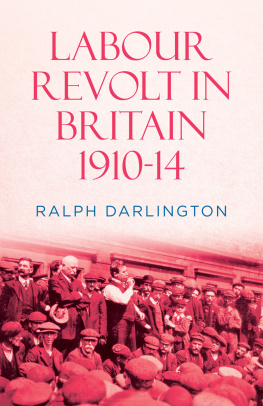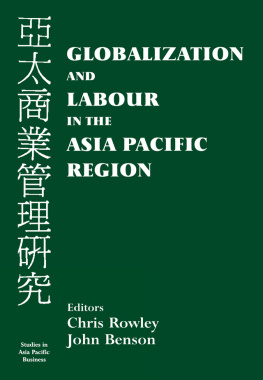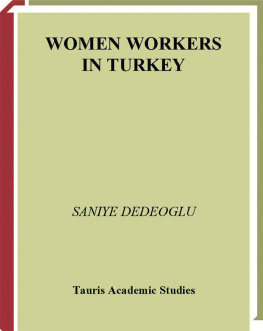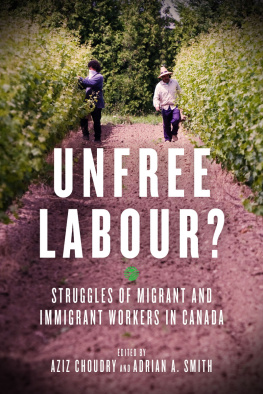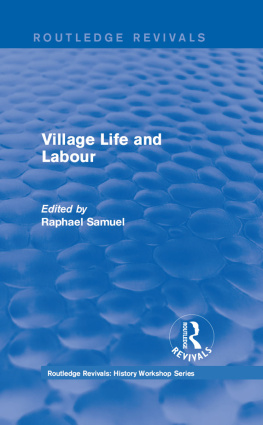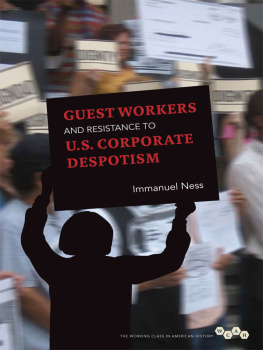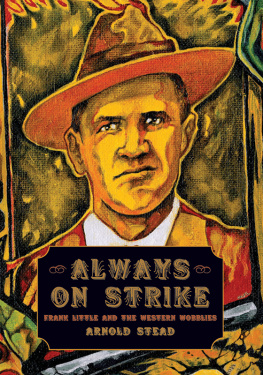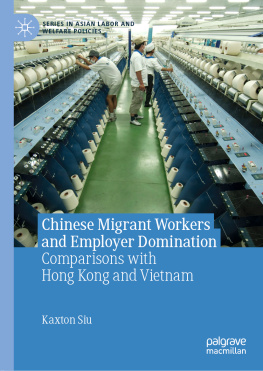Published by
PERMANENT BLACK
Himalayana, Mall Road, Ranikhet Cantt,
Ranikhet 263645
Distributed by
Orient Blackswan Private Limited
Registered Office
3-6-752 Himayatnagar, Hyderabad 500 029 (A.P.), INDIA
e-mail:
Other Offices
Bangalore, Bhopal, Bhubaneshwar, Chennai,
Ernakulam, Guwahati, Hyderabad, Jaipur, Kolkata,
Lucknow, Mumbai, New Delhi, Noida, Patna
PERMANENT BLACK 2003
eISBN 978 81 7824 430 3
e-edition:First Published 2013
ePUB Conversion: .
All rights reserved. No part of this publication may be reproduced, distributed, or transmitted in any form or by any means, including photocopying, recording, or other electronic or mechanical methods, without the prior written permission of the publisher, except in the case of brief quotations embodied in critical reviews and certain other noncommercial uses permitted by copyright law. For permission requests write to the publisher.
Acknowledgements

Over the years many friends and institutions have been important to the making of this book. At the Centre for Historical Studies (CHS) in Jawaharlal Nehru University (JNU), Sabyasachi Bhattacharya, who supervised my initial research into labour history, has always been a demanding critic and continues to be a source of support. The interest shown by Bipan Chandra, Satish Saberwal and Ravinder Kumar, and the encouragement from P.C. Joshi and K. Damodaran in my initial years of research, were important for me.
This work owes a lot to the times in which my initial engagement with labour history began. Not only were the worlds of labour different but the vibrant mid-1970s in JNU were times when working class history was the subject of discussion, inside and outside the classroom. Rana (Sen), among others those days, made labour history meaningful. In subsequent years friends have helped to keep my project going. Prabhu commented on countless drafts, helped untangle knots and pulled the manuscript through its despairing moments. Interacting with Bappa, Dilip, Indu, Janaki, Rana and Marcel in the Association of Indian Labour Historians made writing labour history a more exciting collective enterprise. Dipesh Chakrabarty, Robi Chatterjee, Sumit Sarkar and Tanika Sarkar, and Sumit Guha have read and offered valuable comments on earlier fragments of my work.
Vrinda and Jugal willingly took over the burden of helping with the graphs and illustrations. Others provided stimulus and support: Anomita, Ben, Bhaity, Madhu, Nilofer, Pankaj, Pragati, Radha, Radhika, Rajeev, Rashmi, Ravi, Shalini, Sikha, Shobha, Sunita, Suvritta, Tani, Vasudha, Virginie. My family in Lucknow made my research trips always pleasurable, and my father, who took a keen interest in my work, made access to government record rooms an easier process.
Isha's anxieties and curiosity about my manuscript were more important than she imagines. Mukul opened up possibilities, helping me find new ways of looking at issues. Neel has nurtured many different versions of this book, ripping it apart at various points of time, throwing all my deadlines to the wind. In retrospect I am glad he did, and if the finished work does not match up to his standards of empirical depth and conceptual rigour, he is equally responsible.
Finally I must thank the staff in different libraries where I have worked: Nagari Pracharini Sabha, Benares; Kanpur Collectorate; Kanpur Municipality; Upper India Chamber of Commerce; Labour Commissioner's Office; Citizen Office; UP State Archives, Lucknow; Secretariat Record Room, Lucknow; Police Commissioner's Office, Lucknow; National Archives; Nehru Memorial Museum and Library; the Central Secretariat Library, Delhi; and the India Office Library, London. The co-operation of many in Kanpur, Ganesh Pandey, Munishwar Nigam, Neelam Chaturvedi, Sudarshan Chakr, M. Khaitan, and S.P. Mehra was invaluable. In recent years, the friendship and hospitality of Laxmi Sehgal and Subhasini Ali has made research trips to Kanpur enriching for me.
A special thanks to Rukun for the care with which he edited the manuscript, and to Shyama Warner for the proofreading.

